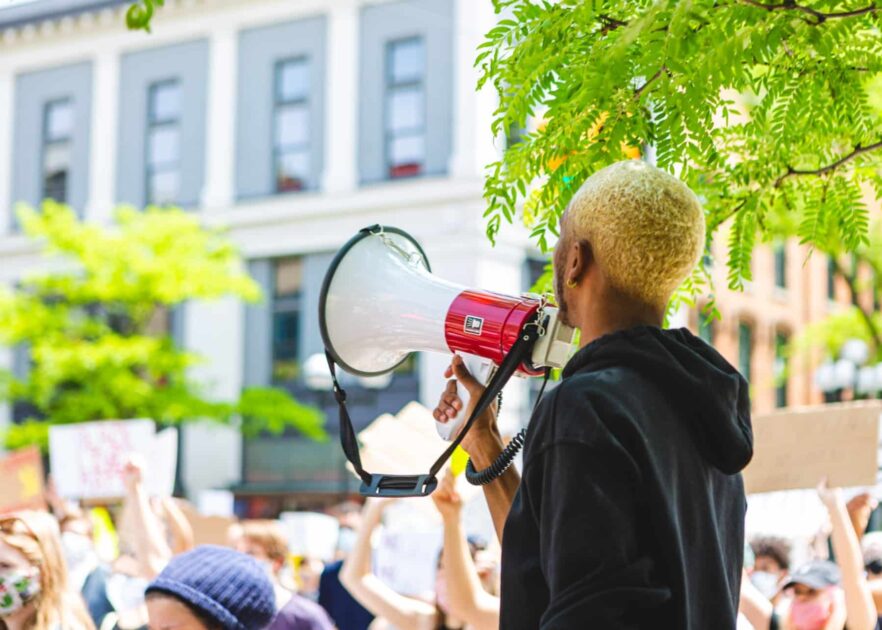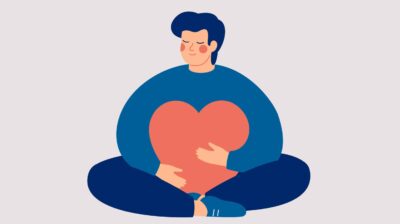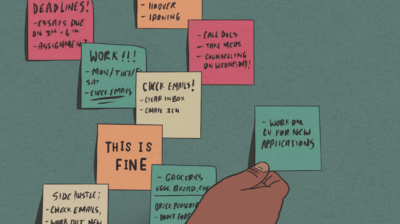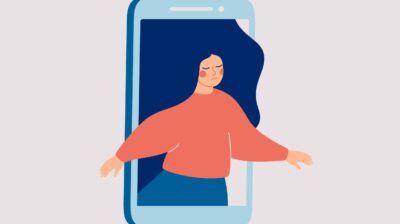The burnout that comes with activism
Ross talks about recognising the effects of burnout on activists from marginalised groups.

As someone who has been involved in activism for the past three years, burnout is something that has always been present. When I started getting involved in activism, I joined many youth organisations, with lots of energy, passion and drive, knowing I would have a lot of free time from only a few lectures a week.
However, I quickly learned and found out what burnout was. Burnout for me was when things I enjoyed no longer became enjoyable, becoming a chore rather than an interest. It was when I wanted to skip meetings or leave them early. Overall I became more irritable and annoyed, with friends as well as family.
I remember especially in 2020 and 2021, when it meant every meeting was now a zoom call, how draining that could be. Especially when college work increased to include working on a thesis, running for Student Union elections and keeping my mental health good with only a few chances to meet people, keeping well.
I remember specifically how hard it was too. The way I coped with it was trying to disconnect altogether, however, I realised it made me push away the support from friends, which I needed too at that time, that I felt if I said all that was annoying me, I would only be burdening them.
It made something I enjoyed in college feel like a chore, going to lectures mainly as I had to, and then missing them when I could. I slowly saw my results drop, while not drastically, to go from a high 2:1 to a low 2:1.
Putting my well-being first
It made me realise that I needed to refocus my priorities on what made me happy, what activism was rewarding and what other parts I needed to take a step back from. I certainly do a lot less than I did in 2019, and while I’m sad about leaving some things I enjoyed, I do not regret choosing my own well-being first.
While it was something that was joked about among us activists, it has become more of a legitimate concern I have felt recently, and awareness of how many things can be affecting us. Having that ability to step back, take some time for ourselves and get support from our networks can be crucial to ensuring our wellbeing.
It’s also crucial to recognise the intersectionality and how multiple things, both internal and external pressures, can make us feel burnt out quicker. While I may be autistic and have ADHD, which can bring challenges to my routine and energy, I also am aware of how privileged I am to have the time to volunteer and take rest, where others may not be able to.
However, I also recognise how disability can be one of many things that can make you feel burned out, including your race, ethnicity, access to services and supports, gender, sexuality and many other factors. It also can be different for many people, and knowing how I feel when I am close to burnout can help me to take proactive steps to avoid burnout before it gets worse.
I am fortunate as well to go from a position of needing the support of others, to instead helping others more. While I am still aware of the need to check in with myself, with having a full-time job now, I certainly have grown to tune in to myself and to tune in when I may not be doing as well in mental and physical energy.






